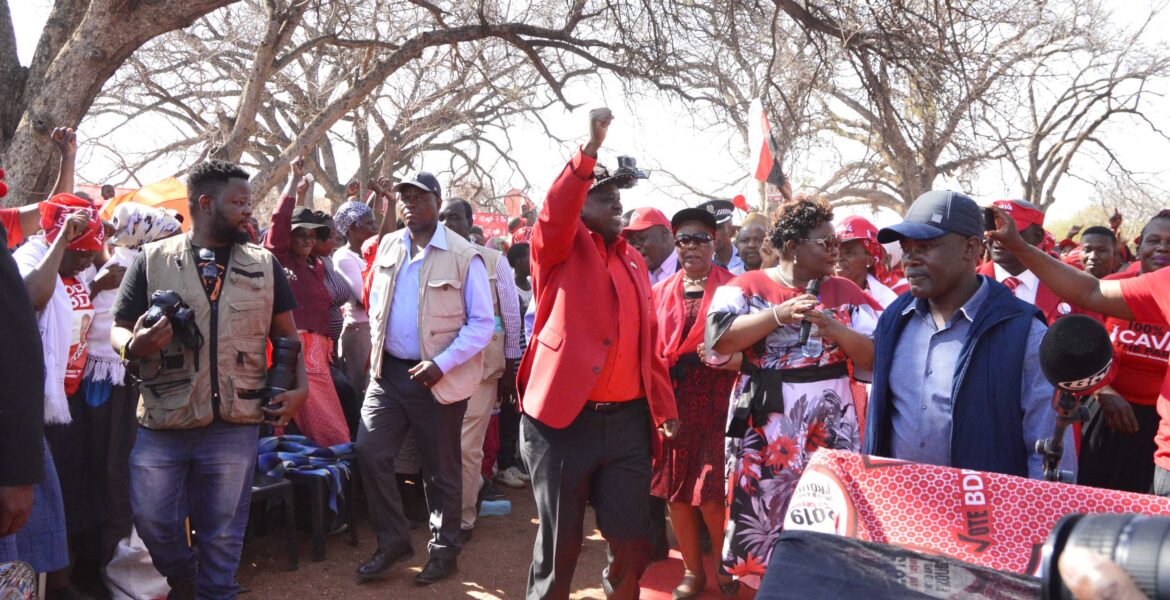Writing in an academic journal, two University of Botswana scholars, Dr Ikanyeng Masalila and Professor John Makgala, conclude that the ruling Botswana Democratic Party exploits moments of crisis to its advantage and mainly implements measures that it sees as less risky to its hold on power. Staff Writer SESUPO RANTSIMAKO reports
The ruling Botswana Democratic Party (BDP) has stymied attempts at transformative change by exploiting moments of crisis both within and outside the party to its advantage.
This is the conclusion of the just released Review of African Political Economy report published by Ikanyeng Masalila, Senior Lecturer in Sociology, Criminology and Criminal Justice Studies; and Christian John Makgala, Professor of History and Political Economy, of the University of Botswana.
According to the report, the ruling party has fought any serious reforms that it saw as weakening its hold on power and strengthening the opposition. “Consequently, public frustration regarding reforms were carried into the next election cycle for further exploitation,” says the report. “To that extent, the electorate’s quest for change has spawned a deeply superficial politics of change that is best understood as the dramaturgy of politics.”
The report notes that the BDP government has mostly implemented measures that it sees as less risky to its power. It say introduction of the Independent Electoral Commission, whose independence has been criticised, is one initiative.
“The voting age was also reduced from 21 to 18 after the party was told that, contrary to popular belief, the youth were not pro-BNF and that the majority of them did not vote,” the two scholars write. “The legislature is powerless to act as a counterweight to government excesses, leaving it largely reliant on the President for political and economic reforms.”
The report asserts that some of the constitutional reforms with far-reaching consequences for the country resulted from attempts to address internal BDP problems rather than being deliberate efforts to enhance Botswana’s democracy. It notes that beginning in the early 1990s, the BDP according to the report was beset with crippling factionalism based on the egos of party strongmen rather than policy disputes.
Masalila and Makgala assert that so severe was factionalism that De Beers influenced the retirement of late former President of Botswana, Sir Ketumile Masire, in favour of a new and dynamic leader untainted by factionalism. “Consequently, in 1997 Masire pushed through a constitutional amendment for automatic succession by the Vice President if the President became unable to continue with the Presidency,” they write.
“The Presidency was also limited to two terms of five years each. Masire’s Vice President, Festus Mogae, benefited from this arrangement when he succeeded the latter on 1st April 1998, and controversially appointing Ian Khama into government as his Vice President.”

